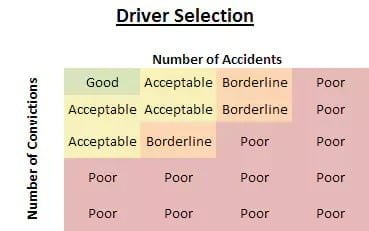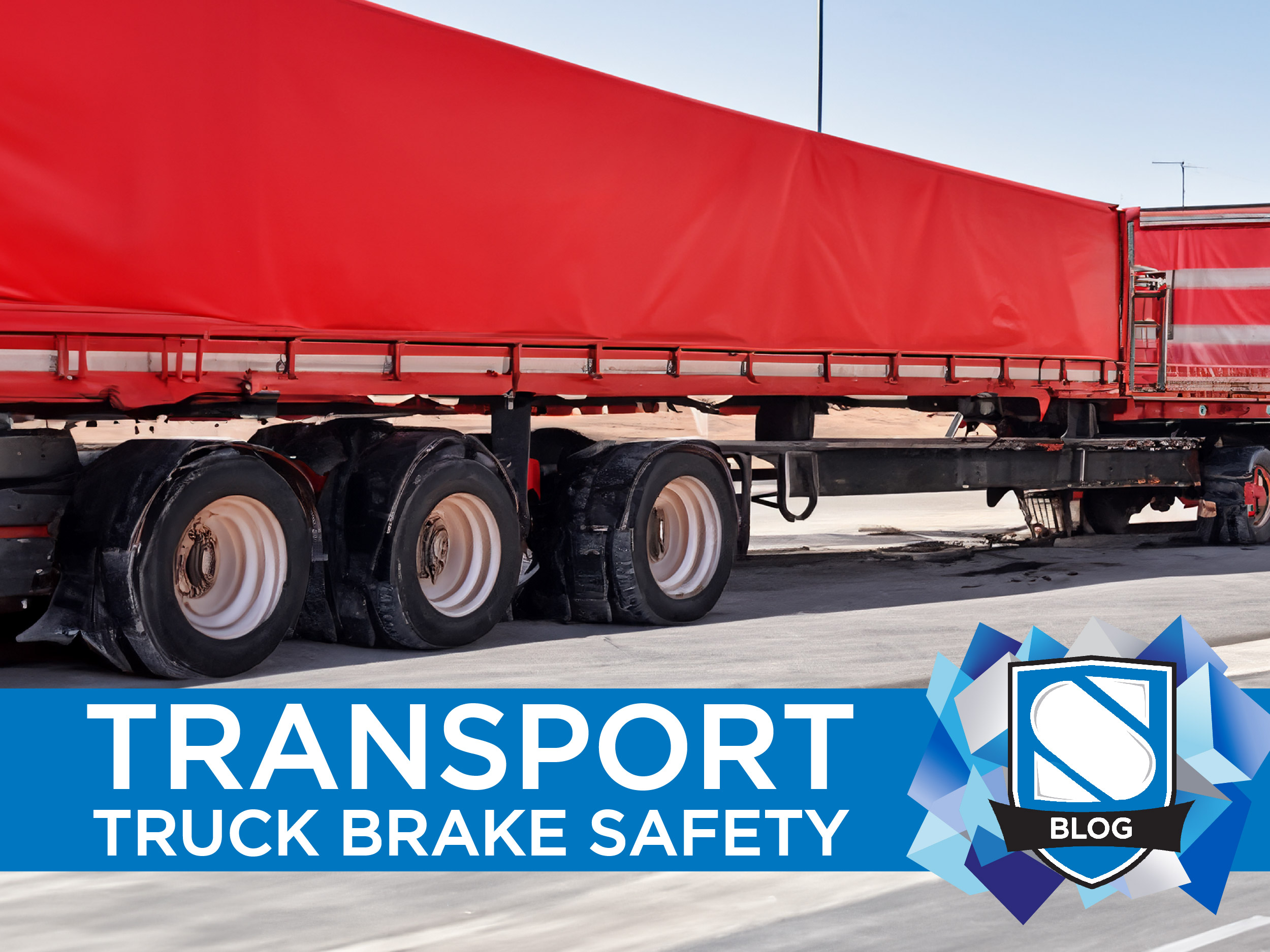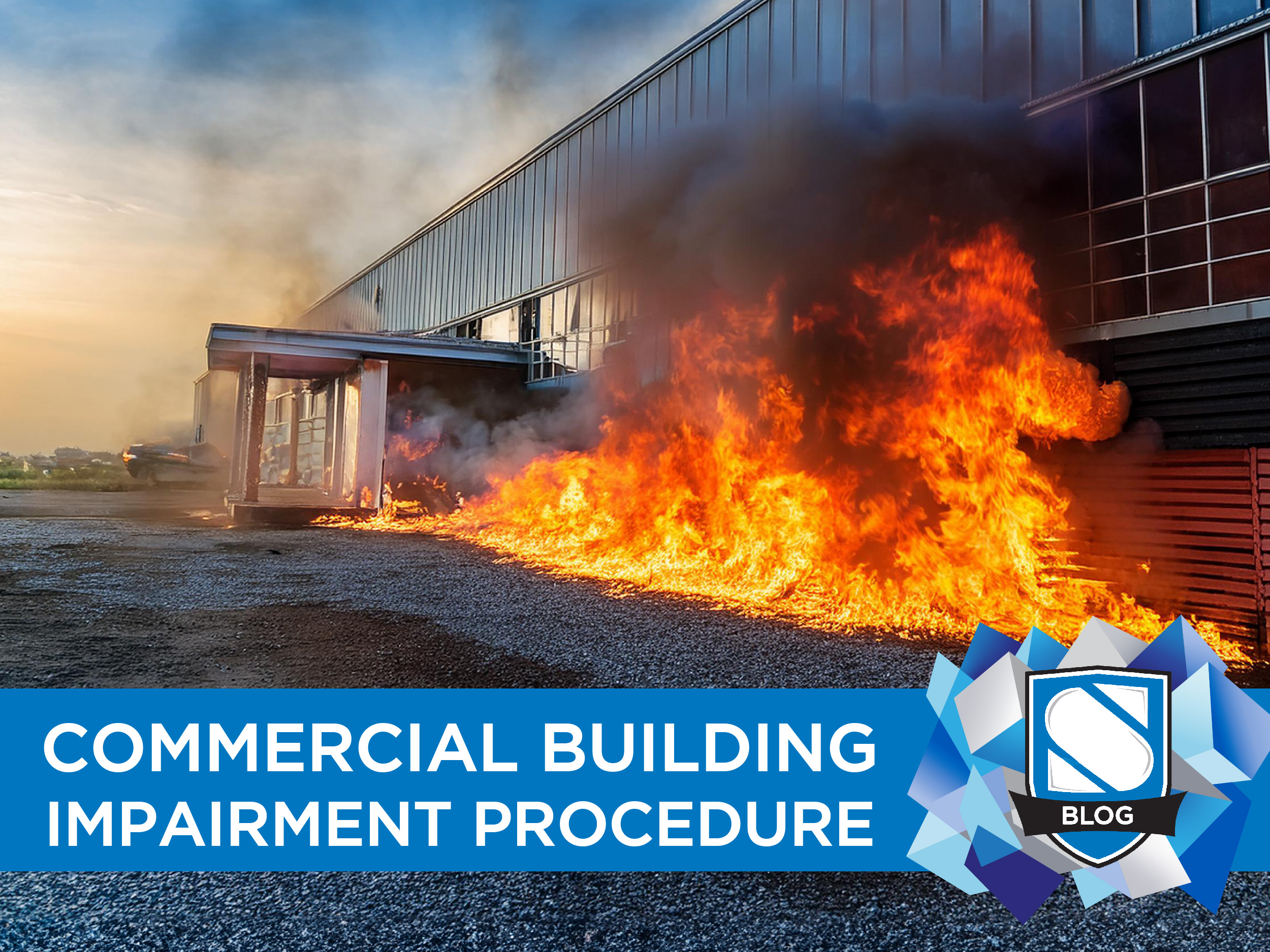Tips on Hiring a Driver for Your Business
In our previous post, we asked this question:
True or False: Workplace violence is a term limited to incidents that occur within a traditional workplace.
Answer:
False. Workplace violence can also refer to incidents that occur at off-site business-related functions, at a client’s home, at a work-related social event, or anyplace away from work but which occurs as a result of your work. All these incidents, including seemingly minor things like threatening phone calls at home from a client, should be reported just like any other incident.
Did you know that?
Now for this post’s question!
How many truck driving jobs were there in Canada in 2012?
Check back for the answer in our next post.
How do you pick a driver for your workplace? There’s a question you might not have thought needed answering!
It’s one thing to advertise for an on-site position, conduct interviews, and hire an applicant… but when you’re hiring someone who works off-site and whose conduct on public roads will reflect on your company, there’s a little more legwork involved. Because you’re not sitting in the same building with them day in and day out, there’s a different level of diligence required to ensure that they’re going to do their job correctly.
And by correctly, we mean… legally.
Selecting a driver by reviewing their driving history is the best indicator for the probability of future accidents and driving convictions. To protect your interests as the employer, the hiring process for employees who will be given access to company vehicles (or authority to operate vehicles on company time) needs to include several important things:
1)Completed Job Application
While this may be a no-brainer, pay attention to the information on the application. The applicant should mention their prior experience as a driver, with industry standard being three years of proven or provable experience (depending on what type of vehicle they will be operating).
The application should also mention their qualifications and education—and yes, this includes education regarding the type of vehicle they are applying to be a driver for. Certainly when reviewing applications, it is beneficial to see that one applicant has taken an advanced driver training techniques course over another applicant who has only basic training.
Be sure to check the provided references as well—and use them!
2)Driver’s Abstract
These are available from Service Ontario for a nominal fee. The potential hire should be bringing this document in to the interview on their own, otherwise there is a bit of a process involved for a third party to obtain access to these records. As the hiring party, save yourself the headache and request the interviewees to bring this in themselves.
The abstract will confirm the applicant’s license status, as well as let you know for certain that their license is current, valid, and applicable to the type of vehicle they are applying to operate.
The abstract will also detail any driving convictions the applicant has received in the past 3 years—both minor and major. Take note of all details on the abstract, and particularly pay attention to whether the applicant has ever had a license suspension.
3)Formal Road Test
This may be part of the interview process or come afterward, after reviewing all the documentation. Undoubtedly you will want to see the driver’s skill firsthand, so don’t be afraid to administer a formal road test as part of the hiring process.
4)Current Auto Insurance Company Letter of Experience
This letter will indicate whether the applicant has made auto claims on their insurance policy, confirming or adding details to the other information you’ve received. Pay attention to breaks in coverage or at-fault accidents, especially in regard to drivers operating large or heavy vehicles.
Other information you may wish to examine for a potential hire is a Criminal Record Search, Medical Examination (including drug testing), and additional Reference Checks with other employees (not all necessarily in regard to driving experience).
You may wish to make your hiring guidelines more or less strict, depending on the nature of the position, but be clear on how many at-fault accidents or convictions are acceptable for someone applying to this job position. Do be aware of the age of your applicants as well, as this may be a factor when looking at the numbers of at-fault accidents.
Doing your due diligence when hiring for a driving position—regardless of the vehicle being operated—is an absolute necessity. This will protect you, your company, your other employees and clients, and ultimately the safety and reputation of your business in the long run.














0 Comments